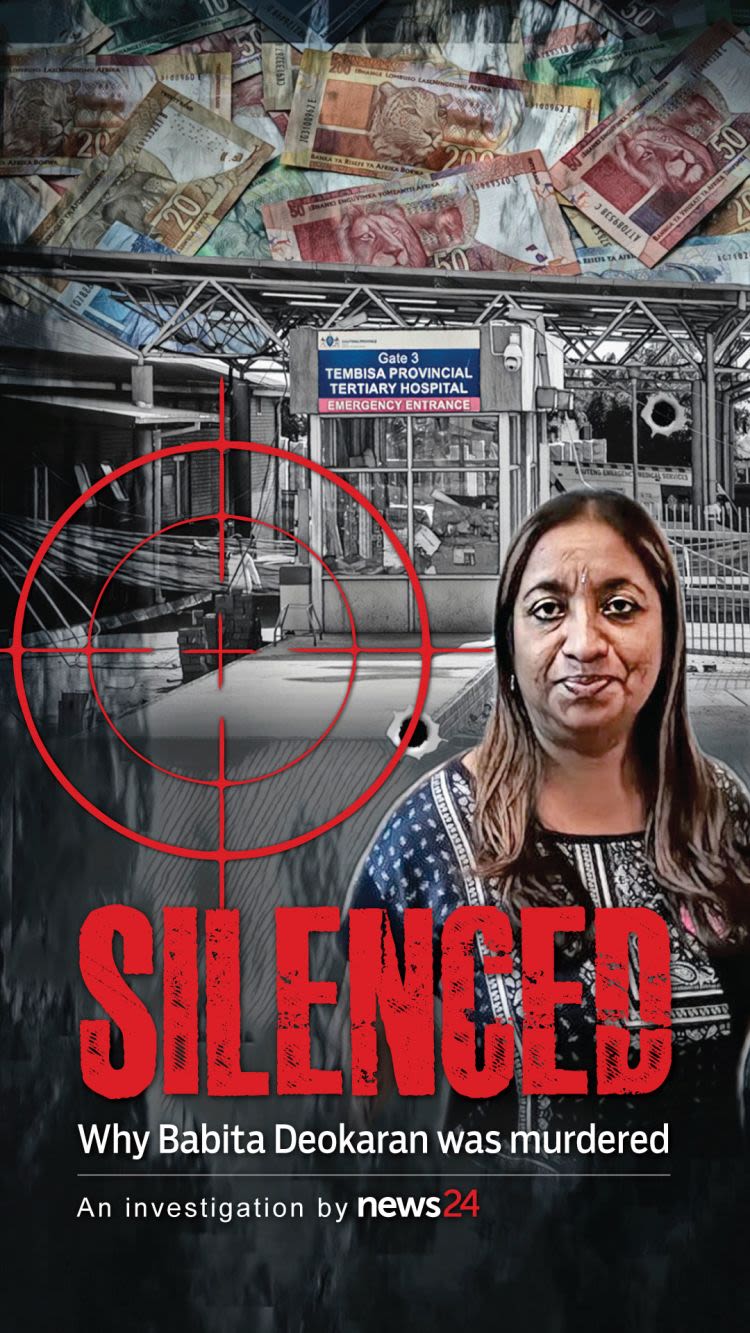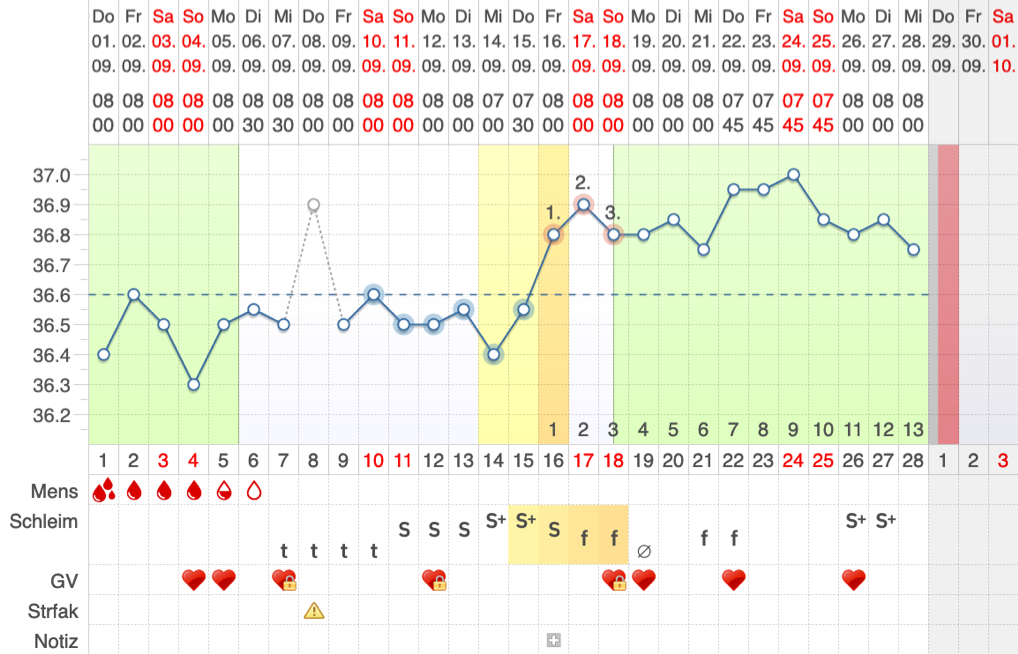Introduction
Babita Deokaran, a South African whistleblower, has become a symbol of integrity and courage in the fight against corruption. Her brave decision to expose financial misconduct within the Gauteng Department of Health not only highlights the need for accountability in government but also underscores the personal risks whistleblowers face in their pursuit of justice. Deokaran’s tragic death in 2021 raised critical questions about the safety of those who dare to speak out against corruption.
Background on Babita Deokaran
Deokaran, an official within the Gauteng Health Department, played a crucial role in uncovering fraudulent activities involving the allocation of COVID-19 contracts. She provided extensive documentation to the Special Investigating Unit (SIU) that pointed to extensive irregularities in tender processes and financial mismanagement. Her actions earned her recognition as a key whistleblower in South Africa’s ongoing efforts to combat corruption.
Impact of Her Revelations
In response to Deokaran’s findings, numerous investigations were launched, leading to significant political and legal repercussions for those implicated in the corruption scandal. Her exposure of corruption not only brought to light the unethical practices within the department but also sparked nationwide discussions about the importance of transparency and accountability in public service.
The Tragic Aftermath
Babita Deokaran was murdered in a drive-by shooting in August 2021, just weeks after providing critical evidence to authorities. Her death sent shockwaves across South Africa, prompting calls for improved protections for whistleblowers and significant reforms in how corruption is addressed in the country. Various human rights organizations and advocacy groups have since called for greater government intervention to safeguard those who report wrongdoing.
Conclusion
The legacy of Babita Deokaran serves as a stark reminder of the challenges faced by whistleblowers in South Africa. While her bravery has led to increased awareness about corruption and has inspired others to come forward, it also highlights the need for a robust framework to protect individuals standing against corruption. As South Africa continues to grapple with issues of transparency, it is essential to honour Deokaran’s memory by committing to strengthening protections for whistleblowers, promoting accountability in governance, and ensuring that voices like hers are not silenced. Her story remains a powerful call to action for current and future generations in the ongoing battle against corruption.

